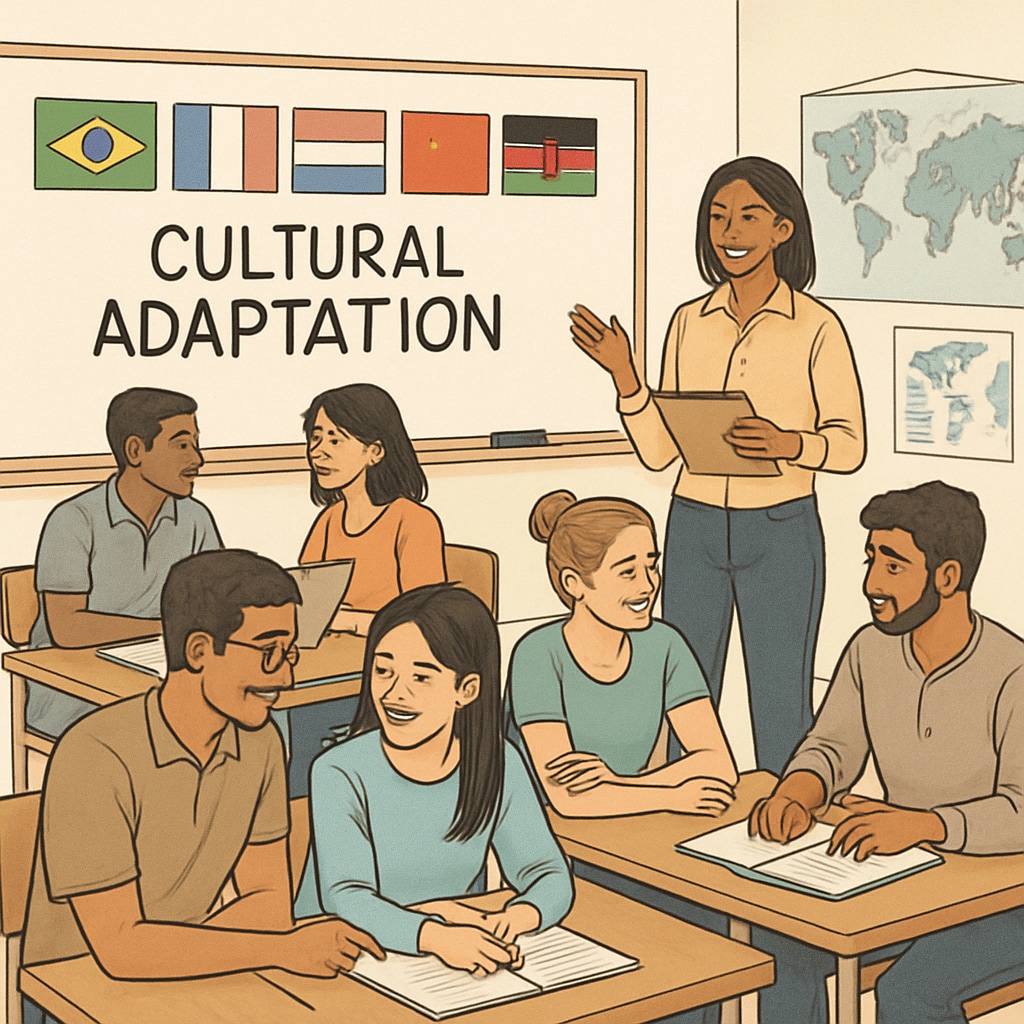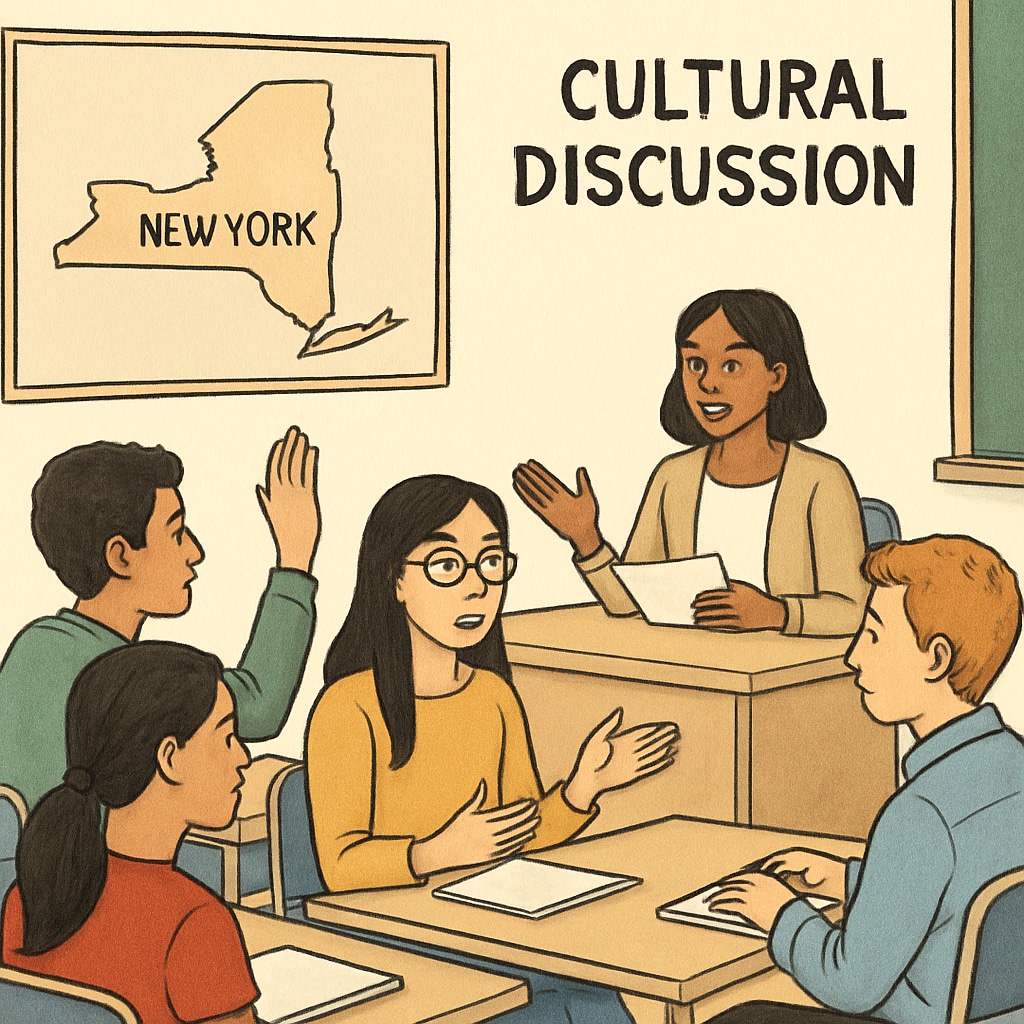International students arriving in the United States often encounter challenges in adapting to American cultural norms and educational systems. Adult education programs that focus on cultural adaptation and foundational knowledge can play a vital role in bridging these gaps. This guide provides international students in New York with essential resources to help them navigate cultural differences while building a solid foundation for academic and professional success.
Why Cultural Adaptation is Essential for International Students
Adjusting to life in a new country involves more than just attending classes or mastering a new language. For international students, understanding cultural nuances like communication styles, social etiquette, and workplace norms is crucial for thriving in both academic and career environments. For example, American education emphasizes critical thinking and class participation, which may differ from other countries’ teaching methodologies.
Adult education programs tailored for cultural adaptation can help students immerse themselves in the local culture while addressing specific challenges they face. These programs often include workshops, interactive classes, and community events designed to enhance cultural understanding and practical skills.

Key Resources in New York for Foundational Knowledge
New York City, as a global hub, offers a wide range of educational opportunities for international students. Below are some practical resources that focus on adult education and cultural adaptation:
- New York Public Library (NYPL): The NYPL offers free English language and cultural workshops for adults. These programs cover topics such as workplace communication, American history, and social etiquette. Learn more on their official website.
- The International Center of New York: This organization specializes in helping international professionals adapt to the U.S. through cultural workshops, networking events, and mentorship programs. Visit their website for details.
- Community Colleges: Institutions like Borough of Manhattan Community College offer adult education courses, including cultural adaptation and foundational skills tailored for international students.

Practical Tips for Effective Cultural Integration
In addition to formal education programs, international students can take proactive steps to adapt to American culture. Here are some practical tips:
- Engage in Cultural Events: Participate in festivals, local fairs, and community gatherings to immerse yourself in American traditions.
- Build a Support Network: Connect with fellow international students and local mentors who can provide guidance on navigating cultural differences.
- Practice Open Communication: Be willing to ask questions and seek clarification when interacting with peers, professors, or colleagues.
By combining structured adult education programs with self-led initiatives, international students can empower themselves to succeed both academically and culturally.
Final Thoughts
Navigating cultural adaptation is a journey that requires effort, resources, and support. For international students in New York, adult education programs focusing on foundational knowledge offer a strong starting point for integrating into American society. Pairing these programs with practical strategies can help students overcome challenges and make the most of their experience in the U.S.
Whether you’re seeking mentorship, structured workshops, or community engagement opportunities, New York provides abundant resources to help international students thrive. By investing in cultural adaptation, students can build a smoother path toward academic achievement and career growth.


